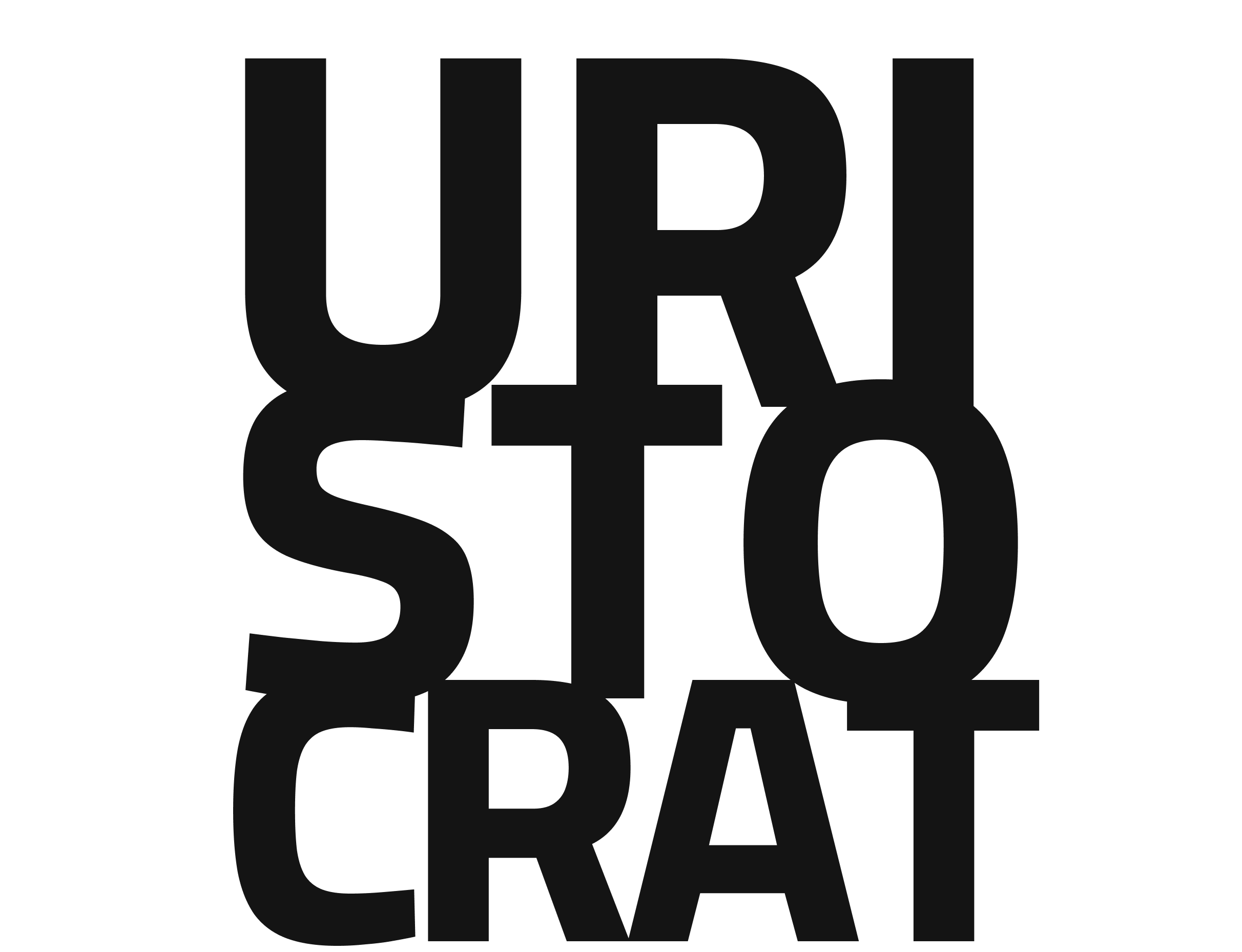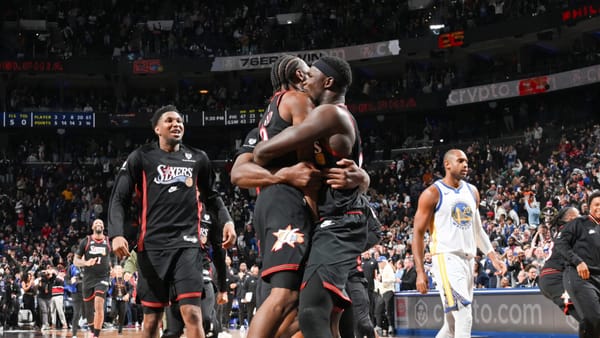DC Attorney General Files Lawsuit Challenging Trump's Federal Police Takeover

Key Takeaways
Washington DC Attorney General Brian Schwalb filed a federal lawsuit Friday challenging President Trump's unprecedented takeover of the Metropolitan Police Department, calling it a "hostile takeover" that exceeds presidential authority under the Home Rule Act. The lawsuit came hours after Attorney General Pam Bondi formally designated DEA Administrator Terry Cole as DC's "Emergency Police Commissioner" with full powers over the police force. Schwalb seeks an emergency restraining order and judicial declaration that control of MPD remains with district leadership, describing this as "the gravest threat to Home Rule that the District has ever faced."
Federal Overreach in the Nation's Capital
Trump invoked Section 740 of the 1973 Home Rule Act Monday, declaring a crime emergency and placing DC police under federal control for up to 30 days. This marks the first time in the act's 52-year history that a president has assumed control of the city's police force. The administration has deployed over 800 National Guard troops alongside federal agents, creating a visible military presence throughout the capital.
However, Schwalb argues Trump's rationale is "out of touch with the facts on the ground," noting that violent crime has dropped significantly since 2023. Data shows homicides fell 32% in 2024 to a 30-year low, while carjackings dropped from 959 in 2023 to around 500 in 2024. The attorney general contends that Section 740 allows federal use of MPD services during emergencies but doesn't authorize removing the police chief or altering command structure.
This confrontation represents more than a jurisdictional dispute—it's a constitutional clash over local self-governance versus federal authority in America's capital. DC's Home Rule Act was hard-won after nearly a century of federal commissioners managing local affairs, with the civil rights movement playing a crucial role in securing limited self-governance for the majority-Black city. For Black professionals observing from across the nation, this federal intervention raises troubling questions about democratic representation and the autonomy of majority-minority jurisdictions. The outcome could set a precedent for how federal power is exercised over local communities, making this lawsuit a critical test of democratic principles and constitutional limits on executive authority.




